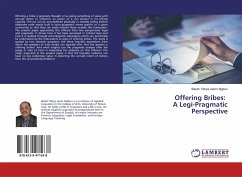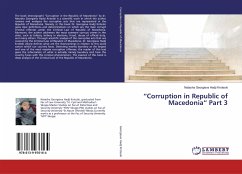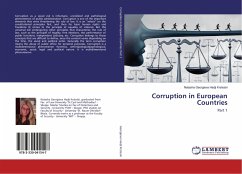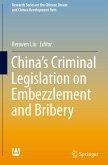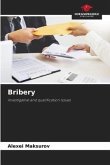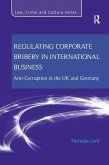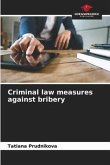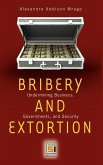Offering a bribe is generally thought of as giving something of value with corrupt intent to influence an action of a civil servant in his official capacity. This act can be accomplished physically or verbally hiding behind elaborate code words built in socio-pragmatic norms specific to a given community so that they can easily mislead those outside the transaction. The present paper approaches this offence from two perspectives: legal and pragmatic. It shows how it has been perceived in criminal laws and how it is realized through socio-linguistic expressions which can potentially be understood by the interactants as signs of offering bribes. The study is guided by two research questions: Are there linguistic expressions from which the speakers of Iraqi Arabic can typically infer that the speaker is offering bribes? And what insights can the pragmatic analysis offer the judge or trier of facts in evaluating the evidence on this offence? The major argument in the present paper isthat the linguistic evidence can have no less evidentiary value in detecting the corrupt intent of bribery than the circumstantial evidence.
Bitte wählen Sie Ihr Anliegen aus.
Rechnungen
Retourenschein anfordern
Bestellstatus
Storno

